A powerful TV series uncovers the truth about underground patriots who gave everything for the nation, Xu Fan reports.
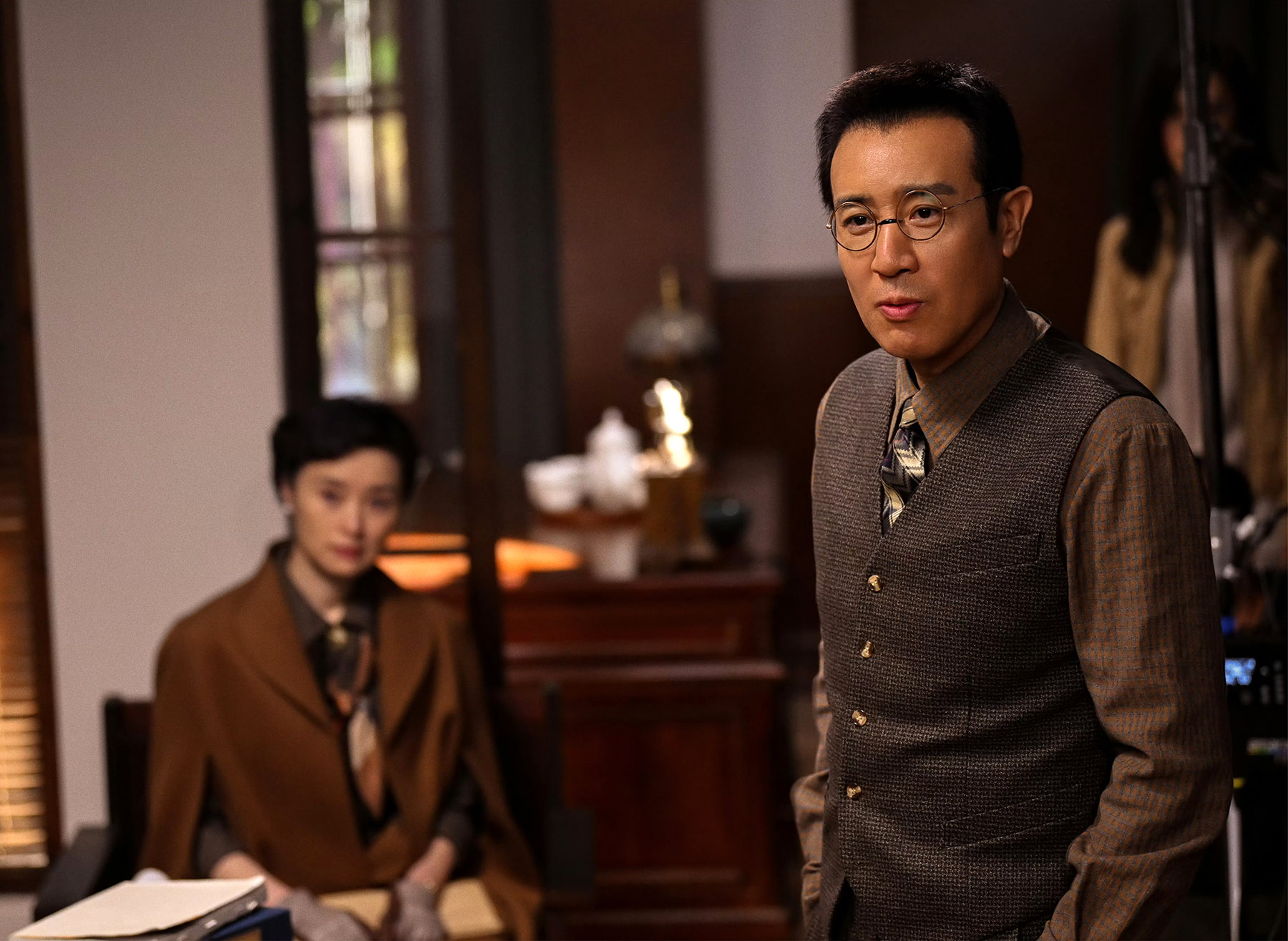
In 2018, veteran Chinese scriptwriter Lu Min received a commission that would forever transform her understanding of history, loyalty and sacrifice. The assignment seemed straightforward at first: write a screenplay about Wu Shi, a senior Kuomintang officer who risked his life to secretly assist the Communist Party of China after becoming deeply disillusioned with the Chiang Kai-shek regime. But what began as a writing task evolved into a seven-year journey into one of the most hidden and dramatic chapters of modern Chinese history.
Lu soon uncovered stories that had sparse academic records: between 1949 and 1950, more than 1,500 CPC agents operated as part of a vast underground intelligence network in Taiwan. Their collective mission was clear but perilous — to gather intelligence that would support the nation's reunification efforts during a volatile moment in history. At the heart of this network were four key figures: Wu Shi and his three comrades. Their bravery shaped critical historical outcomes that faded from public memory — until now.
READ MORE: Epic saga of survival in freezing wartime
The resulting series, Silent Honor, has recently gained high popularity, exemplified by its peak rating on China Central Television's CCTV-8 exceeding 4.1 percent — the benchmark for a blockbuster drama is consistently above 1 percent — and its 685 million online views.
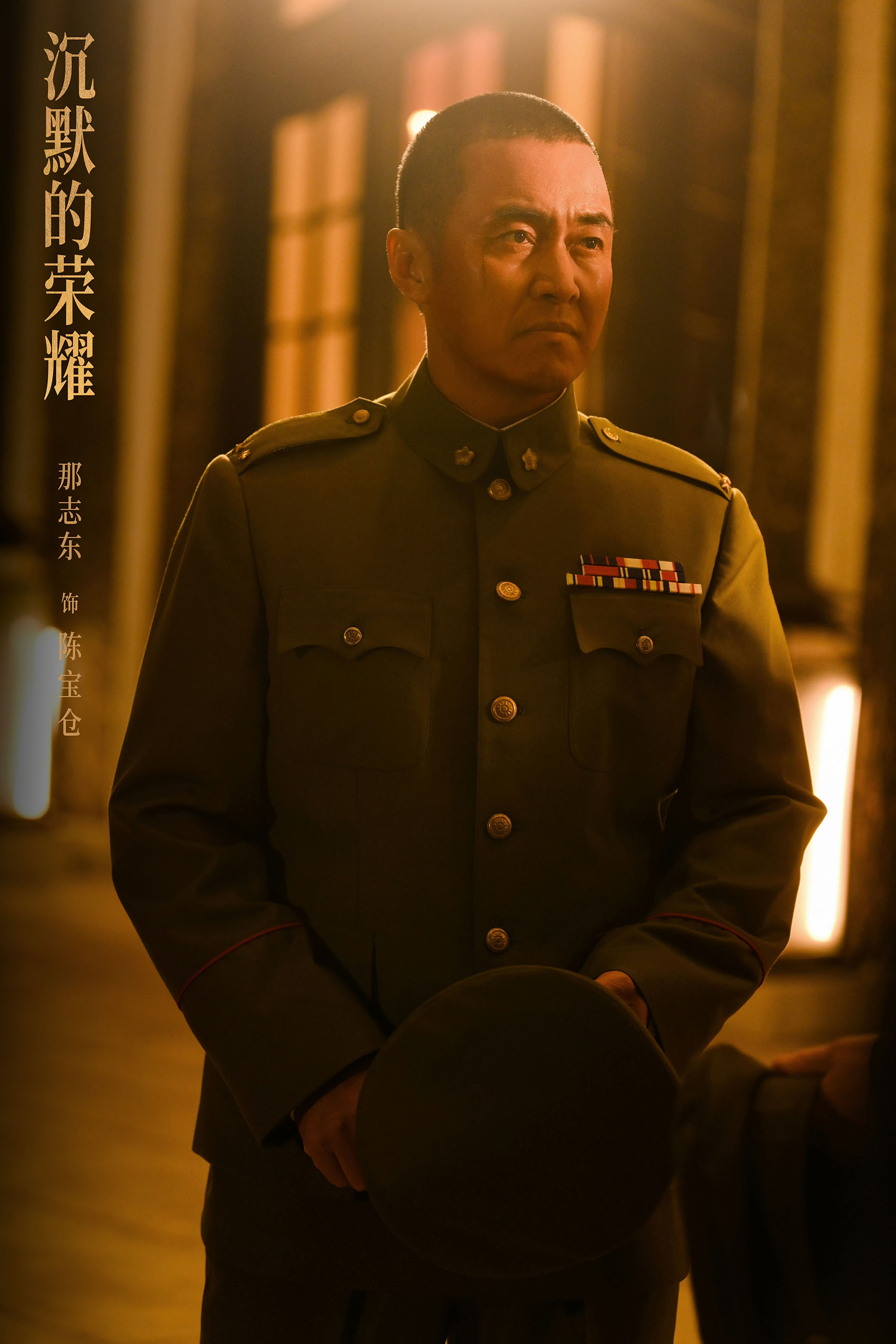
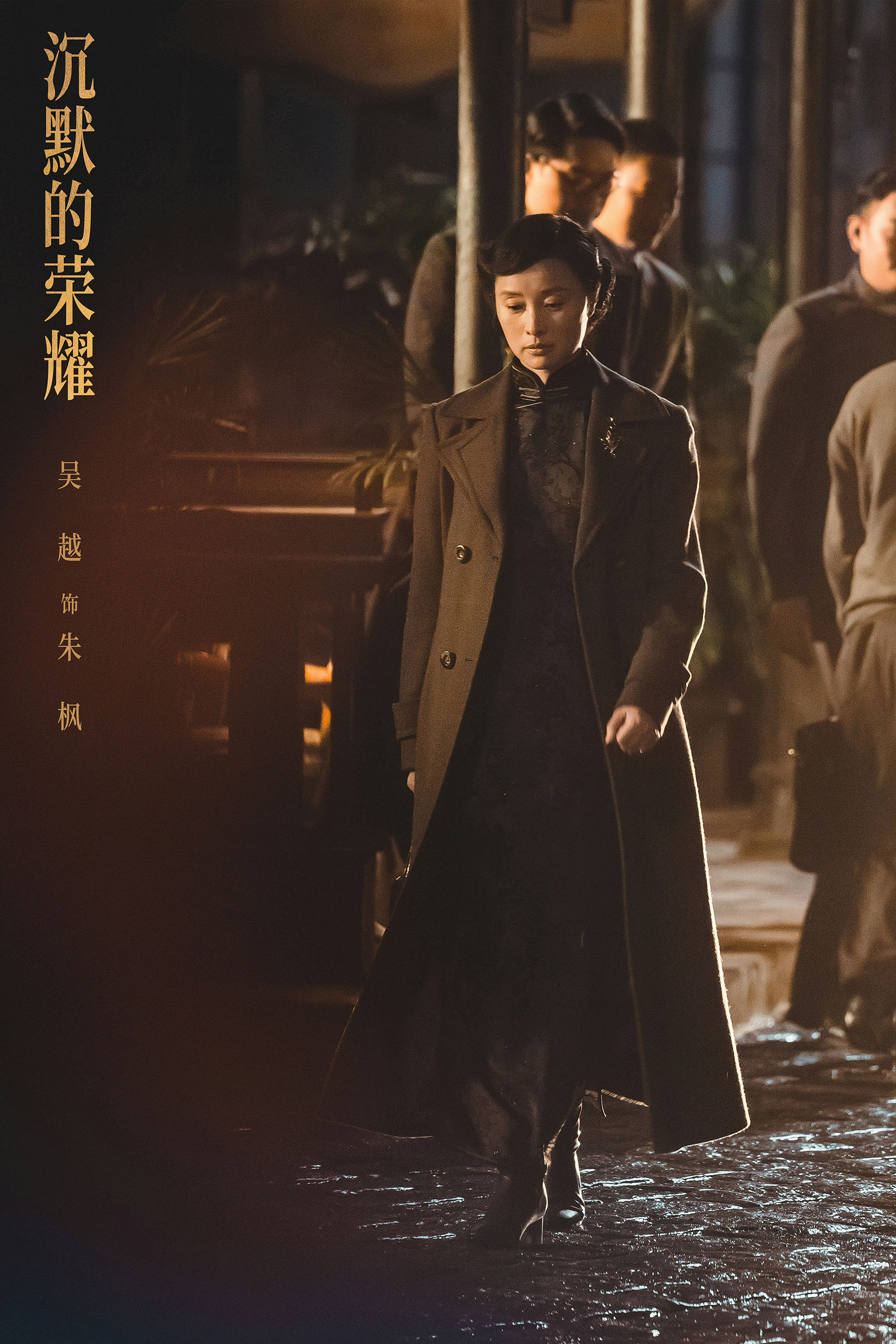
Moved by Wu's dedication, many audience members have shown their respect in various ways, from visiting the Beijing burial site of Wu and his wife to his former residence in Fuzhou, Fujian province, and mourning at Machangding Memorial Park in Taiwan, where Wu and his fellow patriots were executed in June 1950, according to domestic media reports.
"When I began preparing for the script, I discovered a vast ocean of historical materials because each character's story was so rich," Lu, also a professor of literature at the Central Academy of Drama, shares with China Daily.
To bring the era to life, Lu and her team of three young writers dug beyond official records. They scoured declassified intelligence archives, memoirs, wartime letters, and historical interviews. They purchased newspapers and books published in Taiwan and Hong Kong. They also immersed themselves in cultural works that captured the era's atmosphere and emotions, including the novels of Pai Hsienyung, the celebrated Taiwan writer and son of Kuomintang general Bai Chongxi. Additionally, they revisited period dramas like A Touch of Green. "As I delved deeper into the books and archives, my respect and admiration for Wu's spirit grew," says Lu, explaining that Wu could have enjoyed a life of comfort and safety but gave up everything to pursue his ideals.
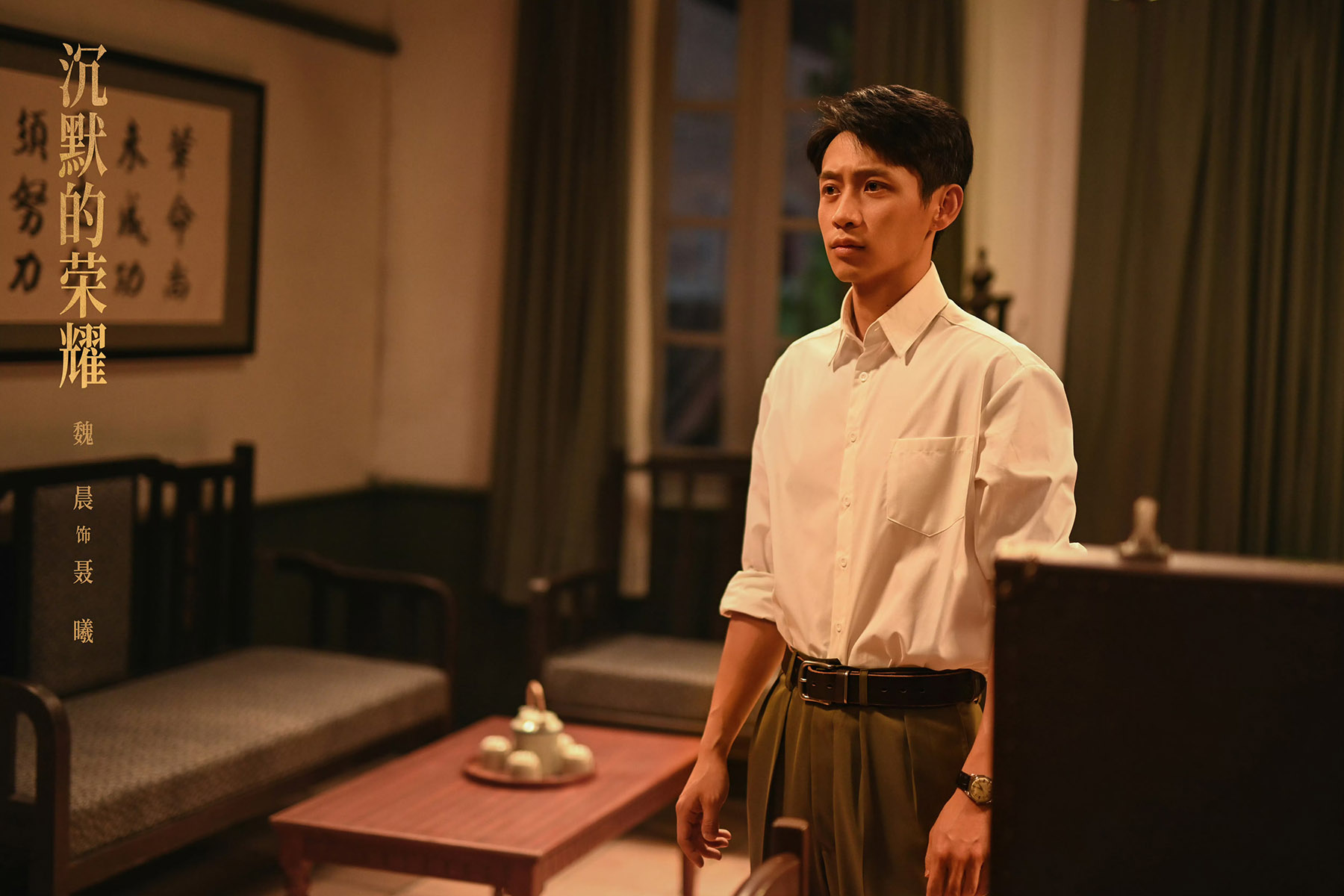
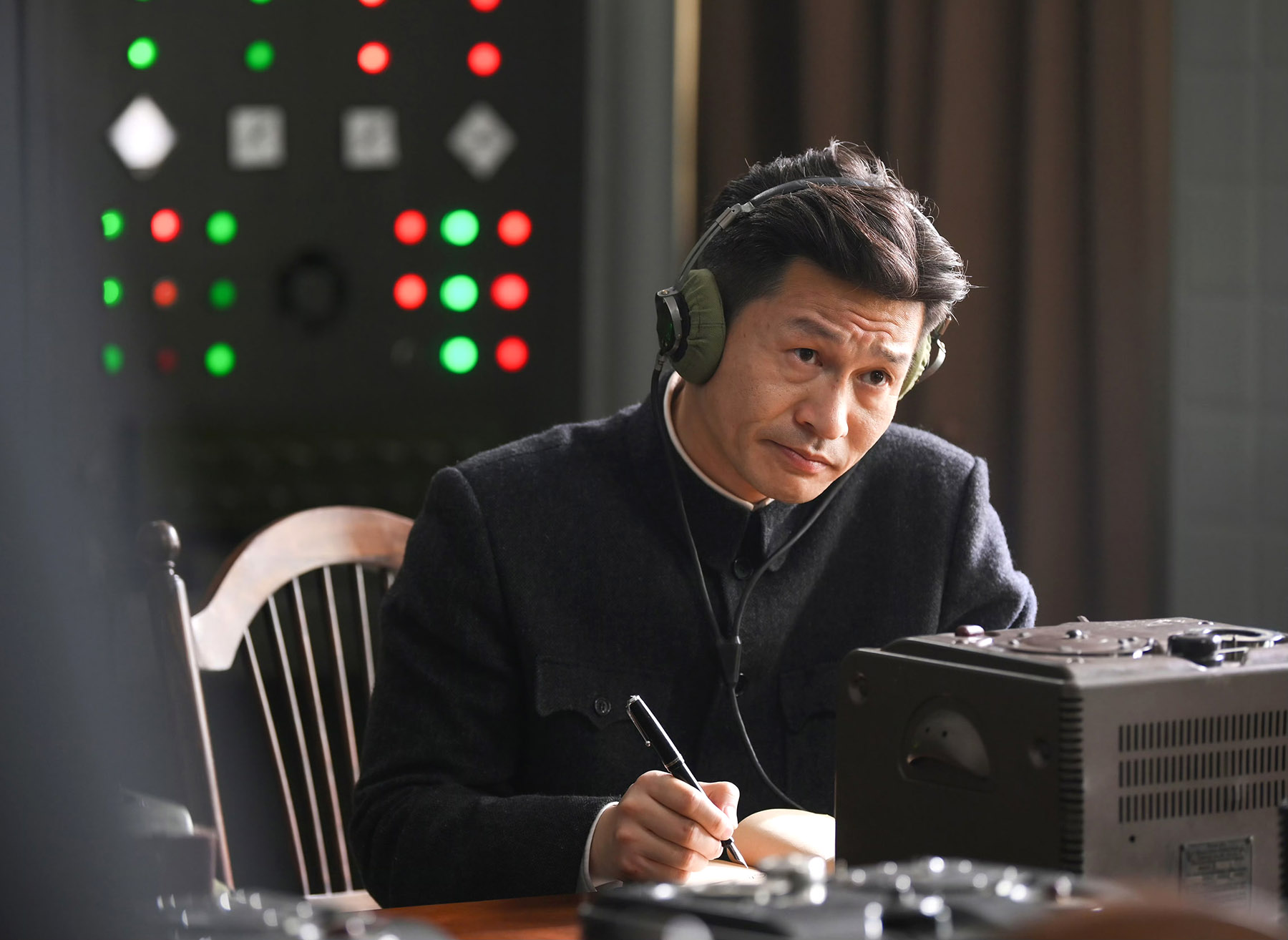
Born into a humble scholar's family in Fujian in 1894, Wu studied at the Baoding Military Academy — the first regular army academy in modern Chinese history — where he became acquainted with future Kuomintang commanders such as Li Zongren and Bai Chongxi. Demonstrating strong military talent, he rose through the ranks and eventually served as deputy chief of the general staff at the "ministry of national defense" in Taiwan.
The turning point in Wu's life came through the influence of He Sui, a respected military educator from his hometown in Fujian. Realizing that corruption was widespread within Chiang's administration, and it could not save war-torn China, Wu made a decision that forever changed his life.
In 1947, he secretly reached out to the CPC's underground bureau in Shanghai. Soon after, he began transmitting vital intelligence to support the People's Liberation Army. His intelligence contributed to major military successes, including the liberation of Shanghai and his home province of Fujian.
After Fujian was liberated, Wu had the chance to remain safely with his family in Fuzhou. Instead, he chose the opposite. Knowing he could provide rare and valuable intelligence from within Taiwan's military command, he courageously followed the retreating Kuomintang forces to continue his covert mission.
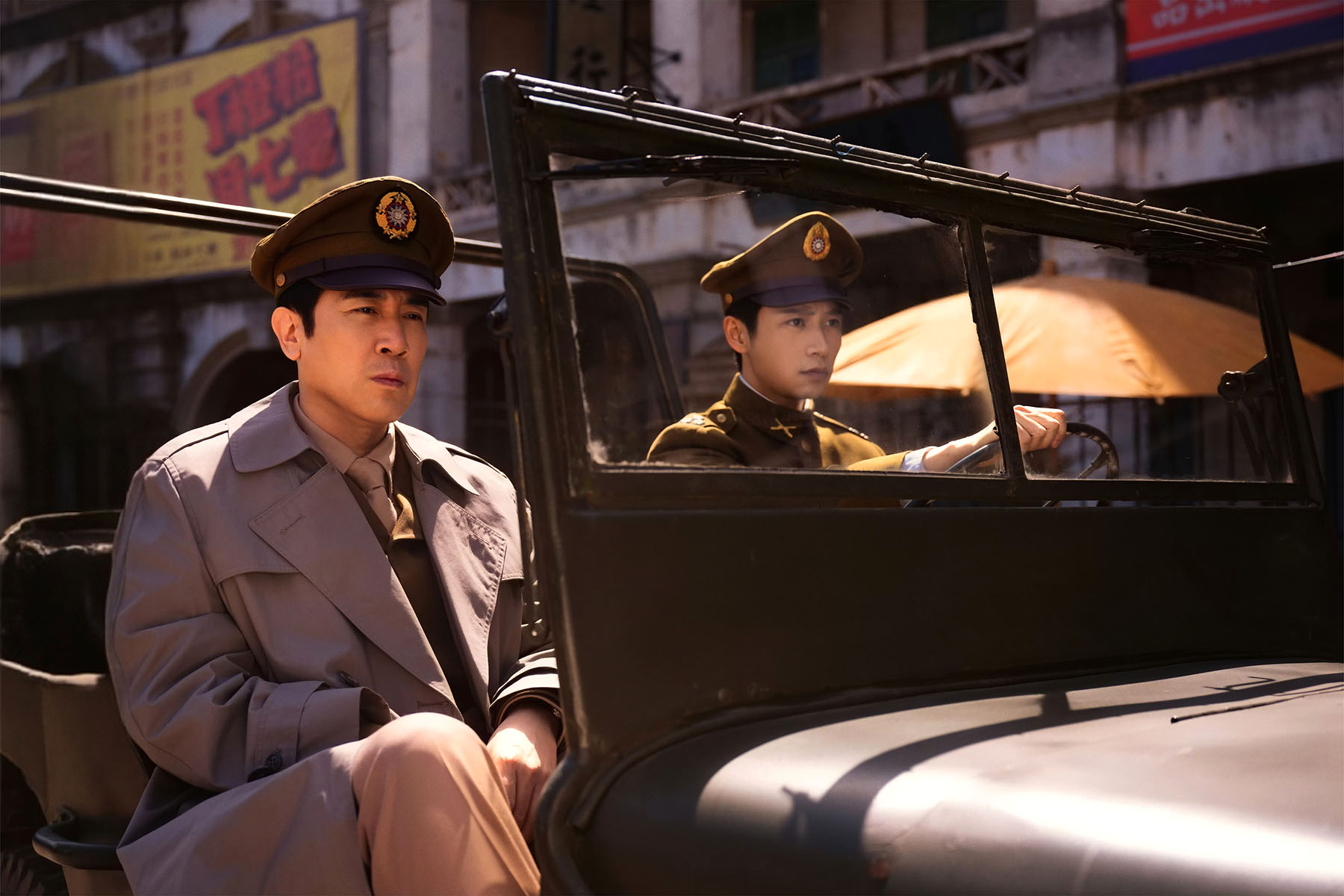
It was a decision he knew could cost him his life.
Following the betrayal of Cai Xiaoqian, head of the CPC's underground network in Taiwan, Wu was arrested. He was executed along with three senior comrades: Nie Xi, his adjutant; Zhu Feng, a CPC member from a wealthy family who served as Wu's direct contact for transmitting intelligence; and Chen Baocang, another high-ranking Kuomintang officer and one of Wu's close friends.
Scriptwriter Lu explains that, to intricately weave the lives of the four unsung heroes into a nerve-wracking plot, the 39-episode espionage drama is set within the short time frame between August 1949 and June 1950.
Actor Yu Hewei, known for popular dramas like the revolutionary classic Awakening Age, portrays Wu and also serves as the executive producer. With an acting career spanning around 30 years, Yu has been reflecting on how cultural works can contribute to society and convey meaningful, thought-provoking values.
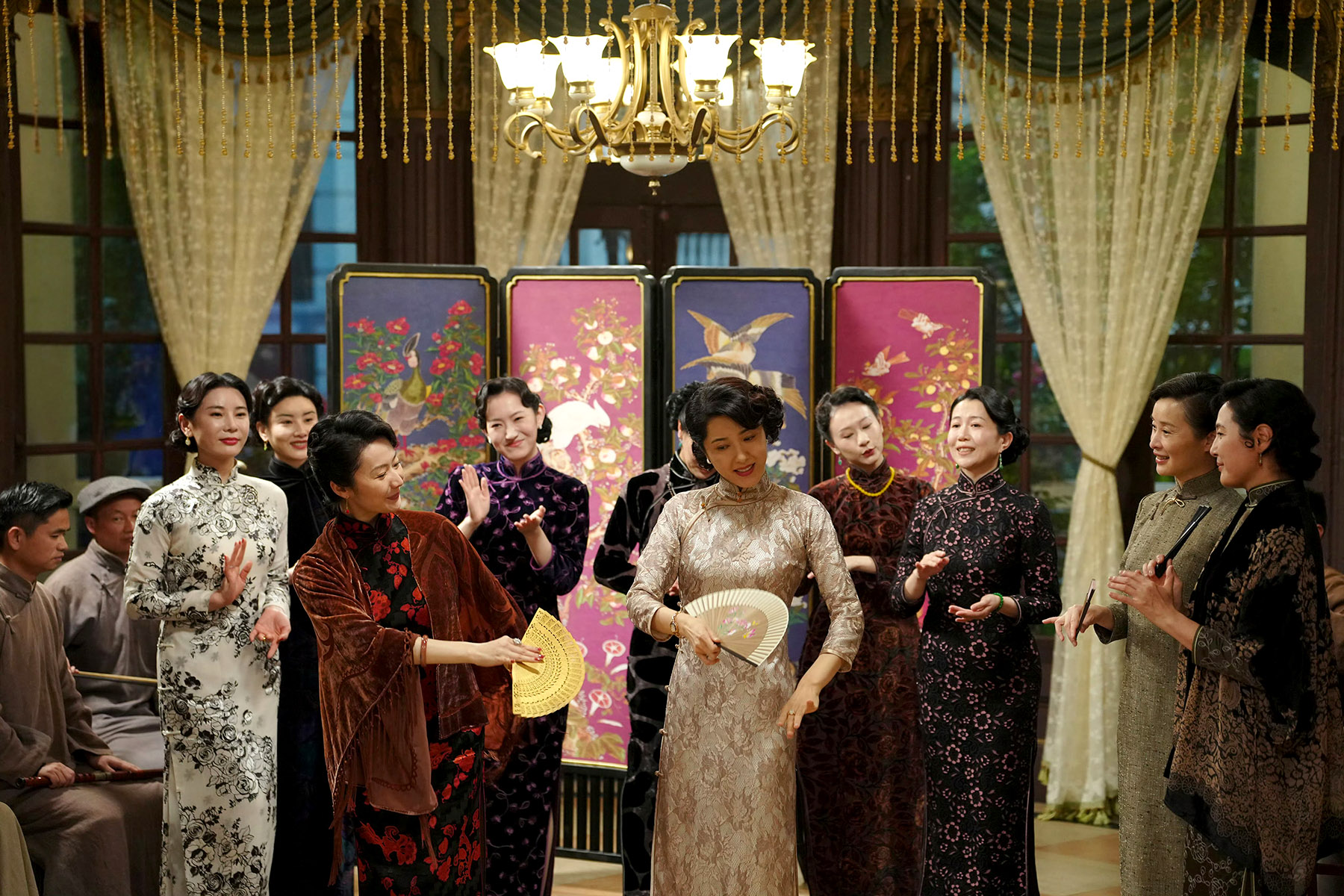
To prepare for the role, Yu immersed himself in archival materials. He read Wu's final letter before execution, interrogation transcripts, and testimonies from surviving members of the network. "Wu Shi's idealism and his devotion to the people reflect the spirit of an entire generation of Chinese intellectuals," Yu says.
Sharing that he was moved to learn the series has resonated with some young viewers in Taiwan, Yu says that people on both sides of the Taiwan Strait are connected by shared roots. After late 1949, many who moved to Taiwan came from provinces across the motherland, including Jiangsu, Zhejiang, Shandong and Henan. They carried with them a deep nostalgia for home — a longing for reunion that lies at the heart of why the series has struck a chord with so many audiences, adds Yu.
Lu recalls how dedicated Yu was on set. "Yu would film all day and then stay up late for meetings with us after wrap. These sessions often lasted until 2 or 3 in the morning, and some even continued until sunrise," she says.

"When it came to emotional scenes, Yu had a remarkable ability to refine and elevate the details we had initially outlined. The script's emotional depth owes much to his contributions," she adds.
When asked whether she hopes the drama can also resonate with international audiences, Lu expresses her belief that humanism transcends borders. While writing the script, she often thought of heroic figures in world literature and cinema — people who could have chosen peaceful, comfortable lives but instead gave up their safety or possessions for the greater good.
ALSO READ: Along the road of the brave
Quoting ancient historian Sima Qian's reflection on the value of life — "though death comes to all, it can be as light as a feather or as weighty as Taishan Mountain" — Lu concludes, "Across time and civilizations, there has always been this spirit: the willingness to sacrifice oneself for the happiness of others. That is precisely the noble spirit embodied by Wu — and the core message at the heart of Silent Honor."
Contact the writer at xufan@chinadaily.com.cn


